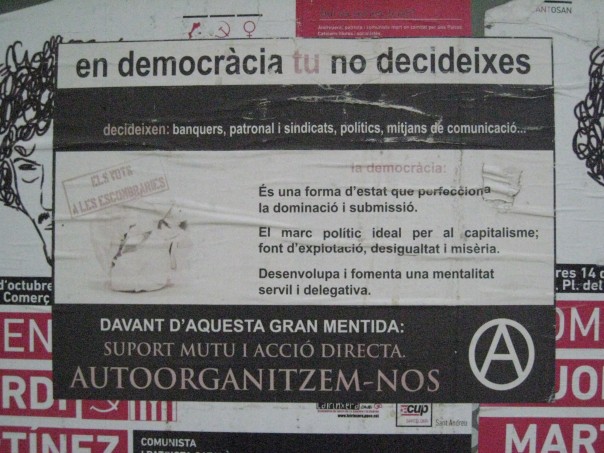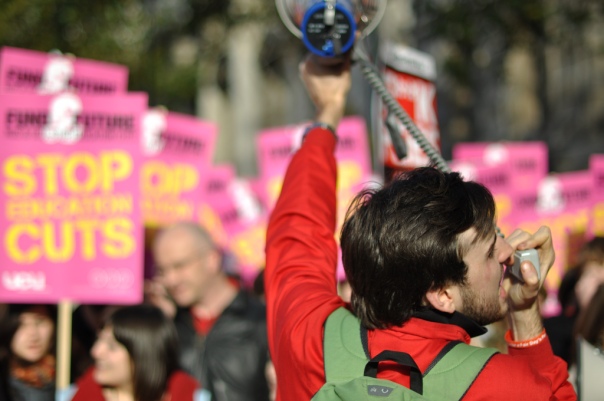Abby McFlynn and Jonny Gordon-Farleigh

“Clearly somebody doesn’t want to hear the story about the Heathrow Campaign,” said John Stewart, someone who has been described as the most effective activist in the UK, as he retold his seven-hour detainment and interrogation by FBI, secret service and immigration officers at New York’s JFK Airport. However, there were communities all across North America who did want to hear about the victory of the ‘No Third Runway’ campaign at Heathrow Airport, and decided to invite John and Plane Stupid activist Dan Glass to visit their communities that are being affected by the expansion of the aviation industry.
Even with a file full of support from MPs, MSPs, congressmen, senators, human rights lawyers and scientists, Dan didn’t even get as far as New York because of the “incident”. “Which one?” “You know which one! The superglue.” At the Belfast passport office a CIA agent took him aside to a Hummer with deck chairs, and when he finally made it to his interview, he was asked “Dan, I hear you want to superglue yourself to Sarah Palin?”. This suggestive question concluded any chance of Dan traveling into the United States, and now with both John and Dan barred from the country, the Aviation Justice Tour went ahead thanks to Skype, and the ‘Let John and Dan in’ petition maximized publicity for the tour.


